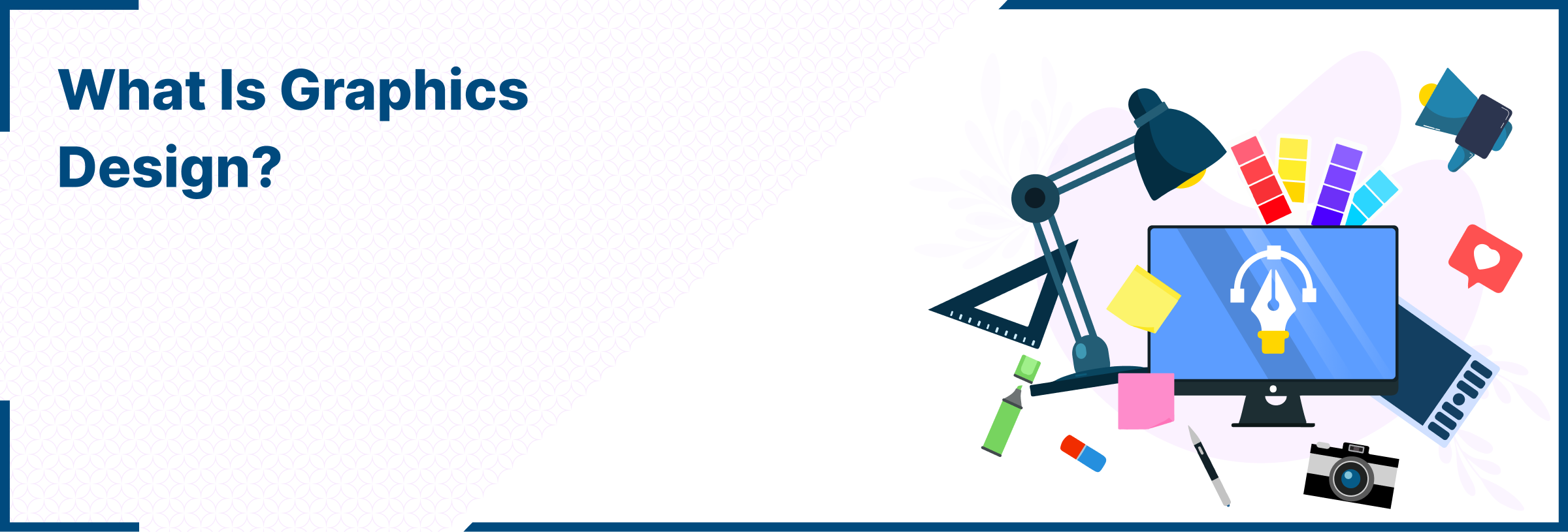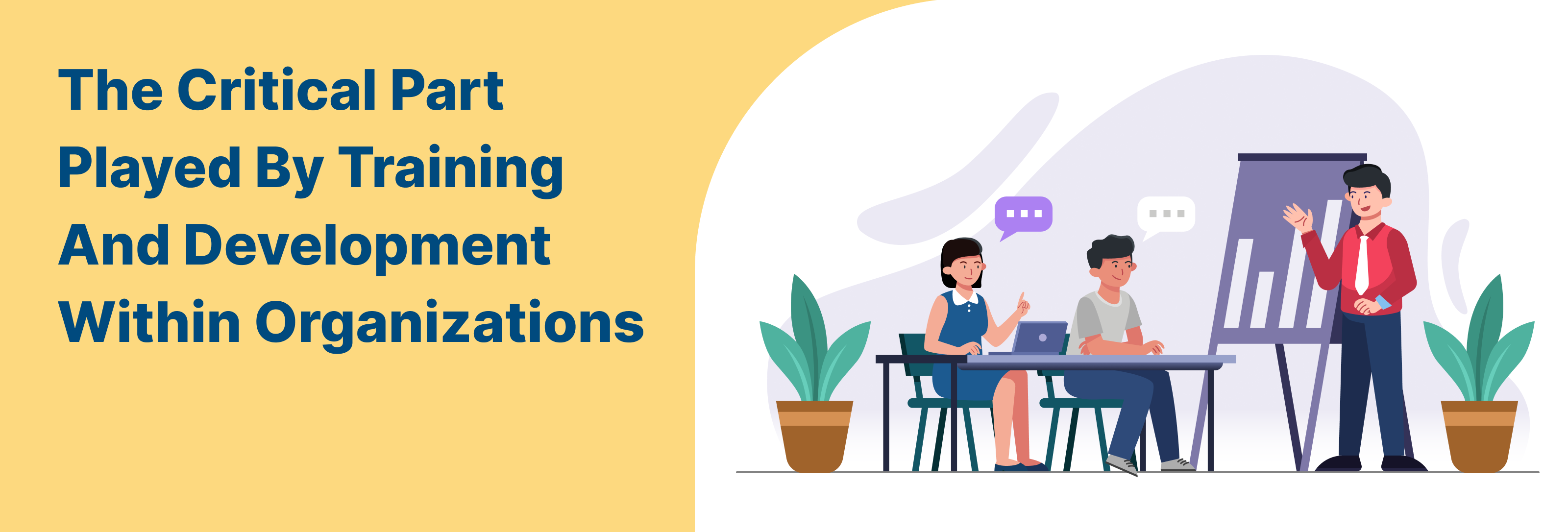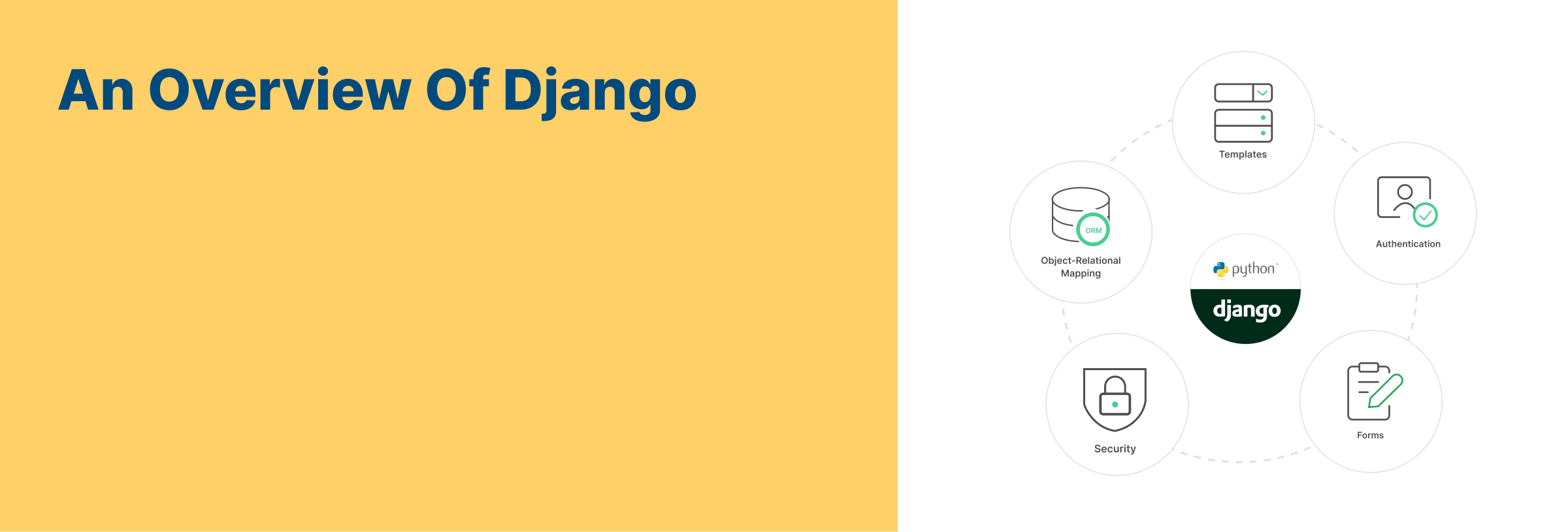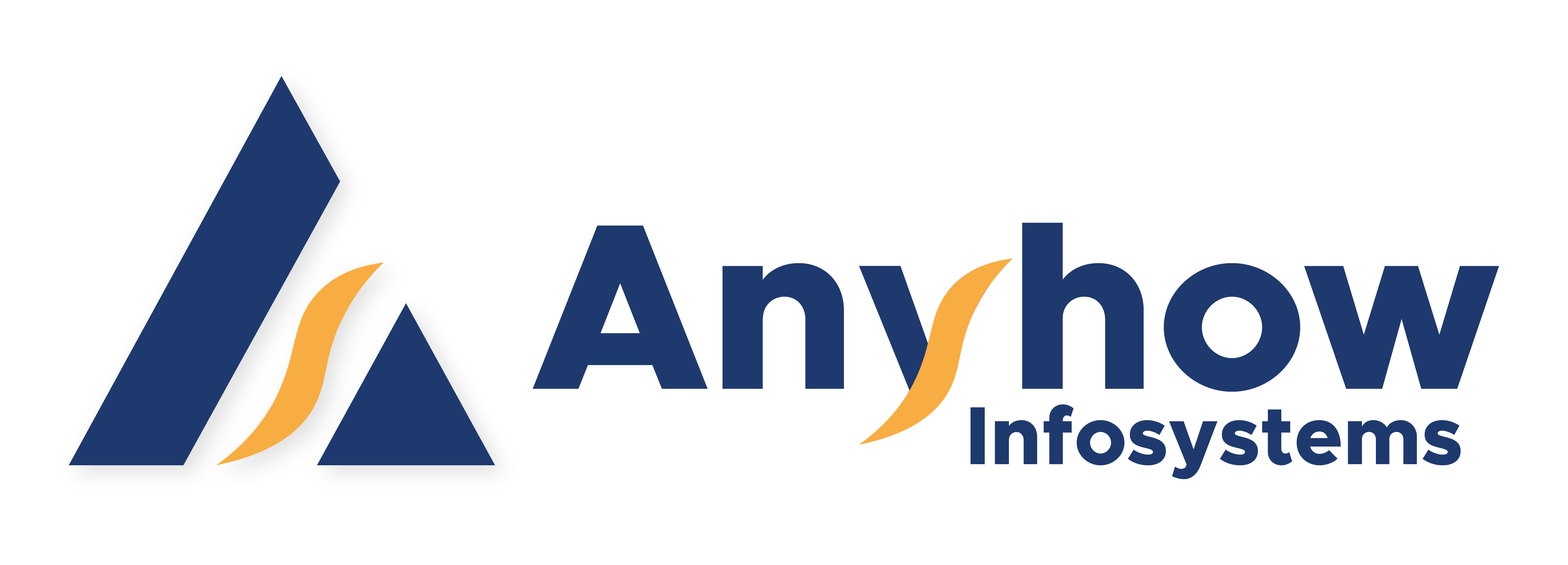Introduction to Mindfulness
In an age of digital distractions, mindfulness has become a billion-dollar industry that extends well beyond training to include products, services, and experiences. Attitudes on mindfulness vary from the cautious to the starry-eyed. However, one thing is certain: mindfulness is here and it is here to stay, as the conditions that gave rise to its popularity are only likely to intensify. Thus, it is incumbent upon managers to understand the phenomenon of mindfulness and this presents difficulties. The marketplace meaning of mindfulness has become so diffuse as to be almost meaningless, while the mainstream psychological definition is at best partial and at worst potentially myopic.
Why does mindfulness matter in the digital age?
In the fast-paced, hyper-connected world of the digital age, the term “mindfulness” has emerged as a beacon of balance and sanity. The pervasive influence of technology, while bringing unprecedented convenience and connectivity, has also given rise to concerns related to stress, anxiety, and the constant barrage of information. In this evolving landscape, the practice of mindfulness has gained prominence as a transformative tool for navigating the challenges of the digital era.
Mindfulness
Mindfulness, rooted in ancient contemplative practices, is a simple yet profound concept: being fully present in the current moment with non-judgmental awareness. It involves paying attention to thoughts, feelings, and the surrounding environment. In the context of the digital age, mindfulness serves as a counterbalance to the fast-paced, often overwhelming nature of our digital interactions.
Enhancing focus and productivity:
In a world where multitasking is often celebrated, mindfulness underscores the importance of focused attention. By training the mind to concentrate on one task at a time, individuals can enhance their productivity and the quality of their work. Mindfulness encourages a shift from reactive, scattered responses to intentional, thoughtful actions, leading to a more effective and fulfilling engagement with digital tasks.
Digital well-being
Mindfulness extends beyond momentary stress relief; it becomes a way of life that contributes to overall well-being. It encourages individuals to reassess their relationship with digital devices, fostering a more conscious and intentional approach. By setting boundaries, practicing mindful consumption of digital content, and incorporating regular mindfulness routines, individuals can cultivate a healthier digital lifestyle.
Challenges and opportunities of mindfulness for marketing
Tristan Harris, a former product manager at Google, recently launched a nonprofit called Time Well Spent, which is devoted to stopping “tech companies from hijacking our minds” (Thompson, 2017). Harris argues that the big platforms (e.g., Apple, Facebook, Google, YouTube, Snapchat, Twitter, and Instagram) devour our attention with their offerings. They appropriate the time that, on reflection, we might just wish we had never given.
Mindfulness apps and tech solutions:
Interestingly, technology itself has become a vehicle for promoting mindfulness. Numerous mindfulness apps offer guided meditation sessions, breathing exercises, and digital well-being tools. These tech solutions serve as accessible companions for individuals seeking to integrate mindfulness into their daily lives, leveraging the very digital resources that can contribute to stress when used mindlessly.
Conclusion:
In a world driven by digital technology, cultivating mindfulness becomes paramount for conscious professionals seeking inner balance and well-being. By embracing digital minimalism, unplugging and engaging in mindful tech usage, establishing digital boundaries, practicing mindful communication, and gently embracing AI, we can navigate the digital age with grace and presence. Let us remember that technology when used mindfully, can enhance our lives rather than detract from them. May we find harmony between the digital world and our inner selves, fostering a conscious approach to life that transcends the boundaries of the digital age.





